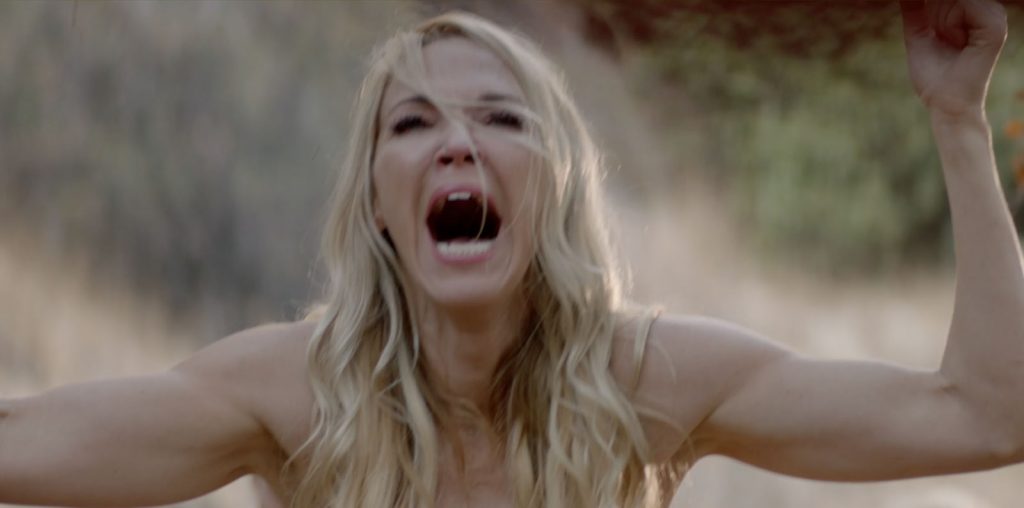
The early Hollywood studio system loved to sensationalize. A property rooted in character would turn melodramatic for the populace, making true drama a rarity for the time. Leo McCarey’s “Make Way for Tomorrow” (1937) is this kind of rarity. At the time a well-known helmer of comedies, including the Marx brothers’ “Duck Soup,” McCarey seemed more in tune with likable foibles of the everyman. Yet, “Make Way” eulogizes humanity so well that it’s as painful as it is beautiful.
In adapting a simple yet rich narrative, director Leo McCarey grants depth to the people involved: they will not be forgotten, even if the world wants to forget them. By the end of this Depression-era tale, our hearts go out the elderly couple Barclay and Lucy Cooper (Victor Moore and Beulah Bondi, respectively). They are slowly being cast away, as the foreclosure of their home forces them apart to the crowded homes of different children. Once there, Lucy disrupts with her mere presence, while Barclay fares better, if missing his partner as much. They are victims of circumstance, but more so of their less-caring, expedient children. The exception is their son, George (Thomas Mitchell), whose moral dilemma over his mother’s fate proves that he was her favorite.
The film’s highlight scene is the elderly Coopers’ last night out together, before they are to be estranged. Skipping out on dinner with the kids, they take ride in a motorcar (a special treat) and visit a hotel where they honeymooned. There they reclaim their vitality in spite of their bags of bones that the straining 30s economy wants to put aside. They have a drink, share memories with the hotel staff, dance to a waltz. McCarey realizes their humanity within minutes, yet shows its depth as their evening develops. The camera listens to these characters, whom we now know as if they were our own past lives.
This truth is beauty, but the box office was unkind. In the same year (1937), McCarey won an Oscar for “The Awful Truth,” a competent production overshadowing what he thought to be his best. He continued to play his cards safe to produce hits, and “Make Way” wasn’t rediscovered until repertory screenings in 1960s. Now finally on DVD this week, c/o the Criterion Collection, the film rises from the vaults as a subtle masterwork. The set’s booklet includes a standout essay by Tag Gallagher featuring the narrative’s major turning points and – in the critic’s style seen in the digital journal Senses of Cinema – frames for analysis. An piece by filmmaker Bertrand Tavernier adds more context, while the late Robin Wood’s essay, excerpted from his Sexual Politics and Narrative Film (1998), is worthy but more worthwhile in its original format. The disc includes an interview with the always informative Peter Bogdanovich, a 60s-era film nut who was there for the McCarey revival. As usual, humorous references to his talks with Welles appear, though Bogdanovich’s passionate knowledge remains upfront. An interview with critic Gary Giddins does the same without much retread. The only feature missing is a commentary track, but with a subtle-strong film like “Make Way,” it’s best to let it speak for itself.


This is yet another situation where you can’t always go by the box office!
Thanks for the great review. Because of you my old films collection just grew a little higher!